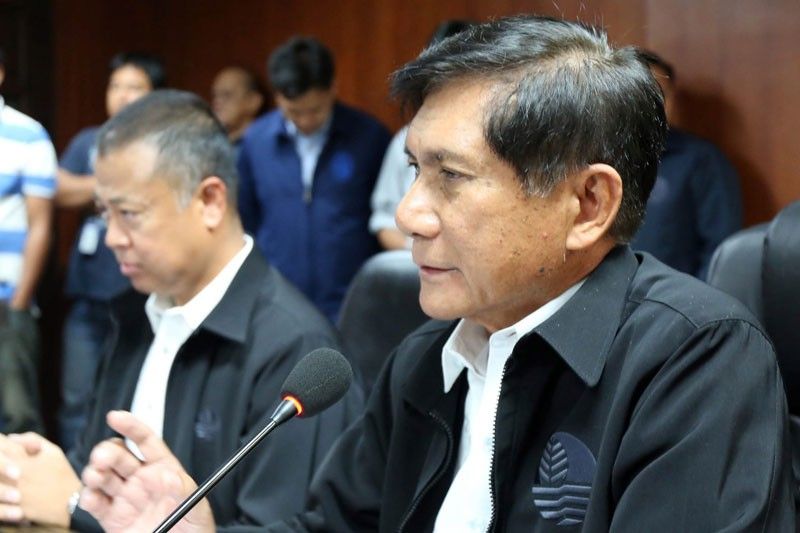DENR: Protected areas now open for private use

MANILA, Philippines — The Department of Environment and Natural Resources will resume acceptance of applications for special use agreement for protected areas (SAPA).
Environment Secretary Roy Cimatu recently issued a memorandum that orders all regional offices to resume enforcement of the rules and regulations governing the issuance of the tenurial instrument for protected areas.
SAPA is a tenurial instrument issued to enable productive use of a protected area as defined under the National Integrated Protected Areas System Act of 1992, while maintaining its status as a PA.
“Now that the suspension has been lifted, the DENR can guarantee that individuals, groups and companies can once again apply for the special use of the PAs,” Cimatu said.
Among the objectives of SAPA include putting a premium to ecosystem services provided by PAs and generating revenues that can be utilized for improved management and operations of the PAs, thereby reducing required national subsidy.
SAPA provides access and economic opportunities to indigenous peoples, tenured migrant communities, and other PA stakeholders to contribute to the reduction of poverty.
It also seeks to optimize the special uses of PAs consistent with the principles of sustainable development and biodiversity conservation in cooperation with the stakeholders, as well as to guide the development of the appropriate zones for PAs.
“SAPA also serves as a regulatory tool for increased resource use beyond carrying capacity and increasing local economic opportunities, such as increased local employment from ecotourism establishments,” Cimatu said.
In 2011, the issuance of SAPAs has been indefinitely suspended by the DENR due to the absence of standard rate of development fee imposed on SAPA applicants.
According to the Biodiversity Management Bureau, development fees will now be imposed based on the fixed percentage of the zonal value of the land and improvements thereon.
“The fees will be equivalent to five percent of the most recent zonal value of the commercial zone in the nearest municipality where the project is located multiplied by the area to be developed multiplied by the area to be developed plus one percent of the value of improvement as premium to the PA,” BMB director Crisanta Rodriguez said.
The annual SAPA fee will be paid upon the issuance of the permit, and annually thereafter within 30 days from the date of issuance.
“Failure to pay within the prescribed period shall be subject to surcharges of 8.33 percent monthly for the late payment or 100 percent for one year,” she said.
Aside from the SAPA fee, the DENR will also collect an administrative fee of P5,000 from the proponent for every SAPA application filed, to cover the cost of examining, assessing, and processing the requirements submitted, and will then be deposited to the Integrated Protected Area Fund.
- Latest
- Trending





























